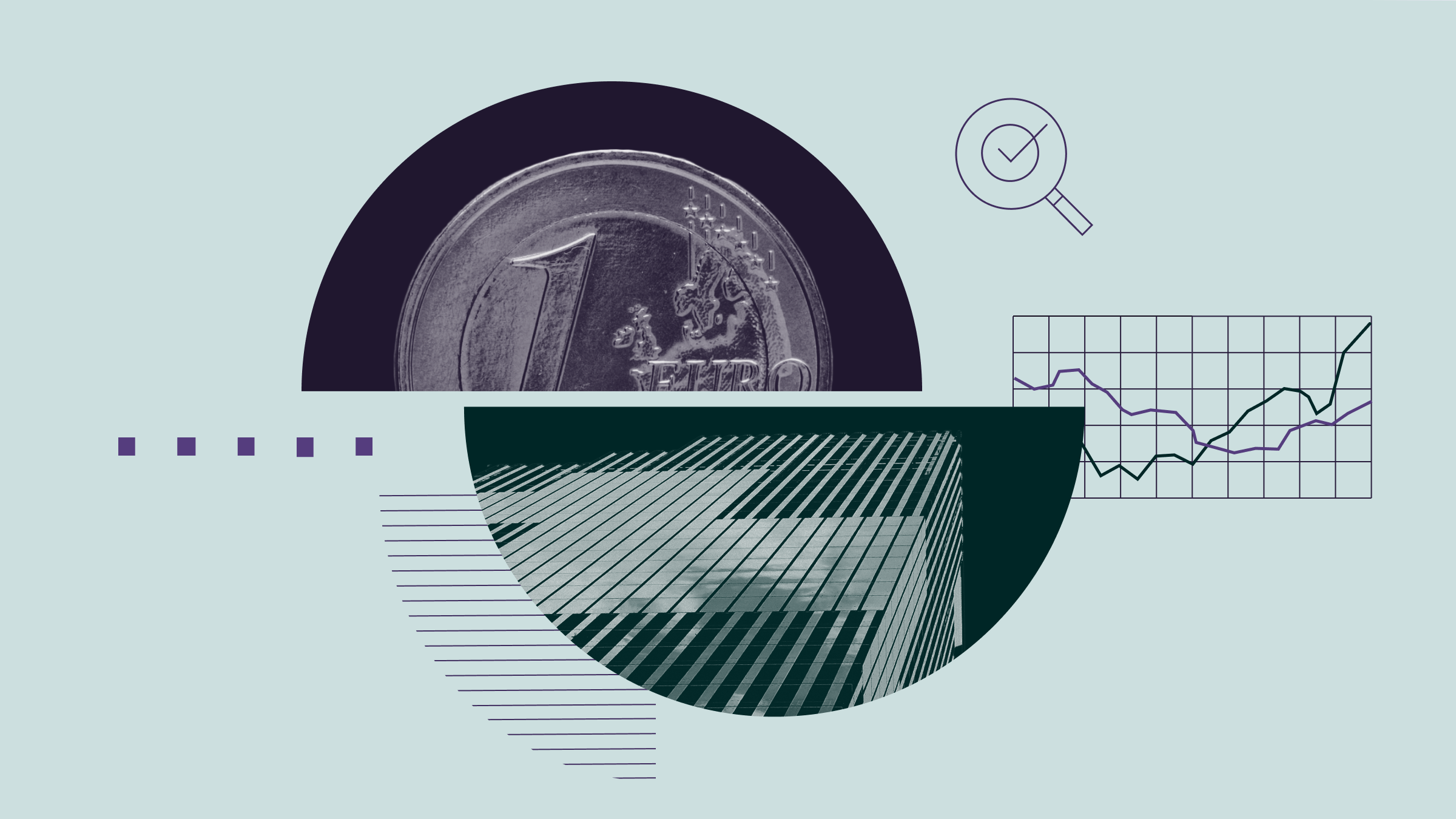UK house prices continued to grow the run-up to the EU referendum, official figures revealed on Tuesday.
UK property prices in the year to June 2016 were 8.7% higher than the same period last year, up from 8.5% the previous month, according to the Office of National Statistics. The June data is the highest house price growth level since October 2014 when prices rose 9.4%. The house price data in June signalled a continuing strong growth since the end of 2013, the report added. This June annual house price percentage takes the average property value in the UK to £213,927.
But more up-to-date data from Rightmove, the property listing website, said on Monday that UK house prices fell by 1.2% in July – and for homeowners in London there was worse news, with recorded falls of 2.6%. It is taking longer to sell your property post-Brexit too, with time taken in london to sell your property increasing by five days, and increases of four days for those selling in the South West.
Housebuilder Ups Dividend Despite Gloom
Property stocks took a hard hit on the day of the Brexit result; their share values fell more than 20% on average. Homebuilder Barratt Developments (BDEV) has fallen 24% in value since the Brexit vote, while Taylor Whimpey (TW.) has dropped 20%. Commercial property stock Berkeley Group Holdings (BKG) also saw its shares values down 24% from the day of a Brexit vote to date.
But yesterday, Bovis Homes (BVS) reported surprisingly positive results, given the stock has been under pressure. Bovis’ share price has fallen 29% over the past year but half year results announced on Monday show revenues up 18% for the six months to the end of June, and pre-tax profit up 15% - equating to a welcome rise in the interim dividend of 9% to 15p.
Chief executive David Ritchie said the firm had delivered a record number of homes in the first half of 2016 which had driven strong profit growth and improved returns – and he expected this trajectory to continue into the second half of 2016.
What Next for Housebuilder Stocks?
House price data in the future may lead to more volatility on homebuilder stocks. However, Tristan Chapple, director of the Aurora Investment Fund reminded investors that falling house prices do not affect the long term value of house building stocks anywhere near as much as most people think.
“When house prices fall, residential land prices also fall. House builders benefit massively from this because land is their greatest cost. Many people only focus on the short term fall in profits that happens when house prices fall and don't realise the big long term boost to profits from lower land prices,” Chapple said.






























